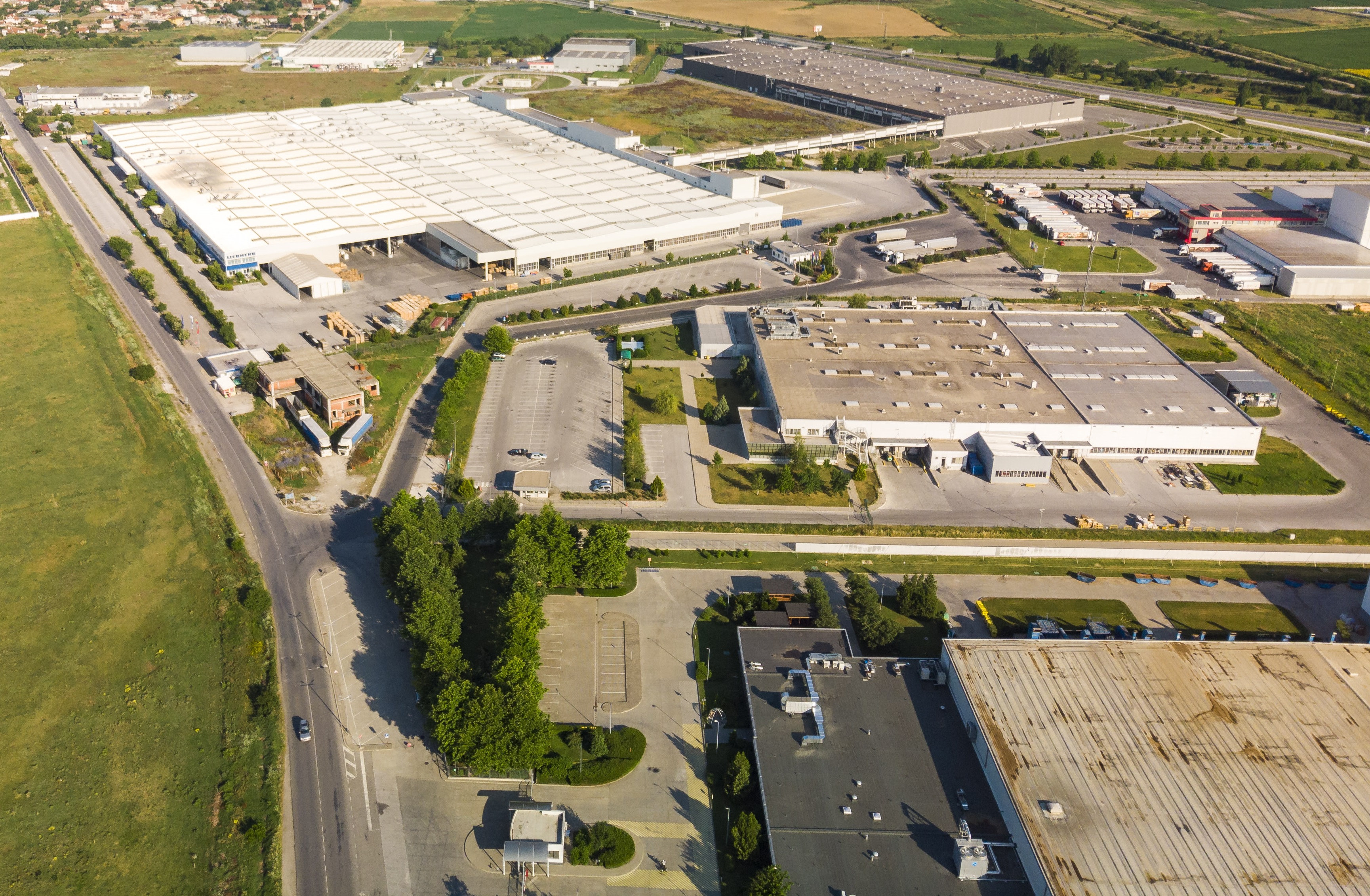The German media Handelsblatt published an article in which it highlighted a number of advantages of Bulgaria, which stood out especially after the chaos in the supply chains in Europe.
Germany and Bulgaria – a successful example of nearshoring
In the article, the German media tells in detail about the successes of the Trakia Economic Zone, which is one of the fastest growing industrial zones in Southeastern Europe. Located near Plovdiv, TEZ has attracted over 200 international companies, mostly from Western Europe, in sectors ranging from the production of refrigerators (Liebherr) to circuit breakers (Schneider Electric).
“We became recognizable all over Europe at the latest after the fifth investor,” reports Plamen Panchev, Founder of TEZ. Meanwhile, the public-private partnership model of TEZ with its neighboring municipalities created six industrial zones around Plovdiv, in which Panchev’s clients have invested a total of over 5 billion euros.
“The biggest deal is yet to come: the country’s first mega-factory will soon be built on 300 hectares. The biggest interest comes from Volkswagen,” Panchev says, but in Wolfsburg they refuse to comment on possible construction plans at this stage.
Solid trade relations
According to statistics of the German-Bulgarian Chamber of Commerce and Industry, Bulgaria currently exports more goods to Germany than it imports, with the volume of Bulgarian exports increasing by 26.8% in 2022.
Mitko Vassilev, Head of AHK in Bulgaria, recently told BTA that the turnover between Bulgaria and Germany has grown 16 times in the last 30 years, and Bulgarian exports – 23 times. For years, German imports into Bulgaria were of a higher value than Bulgarian exports to Germany. But the trend is gradually reversing and “last year we recorded a record volume in bilateral trade – 12 billion euros turnover, with a predominant share of Bulgarian exports – 6.7 billion euros, and imports from Germany for 5.4 billion euros”.

Rapidly developing business environment
“During the pandemic, there were serious problems in supply chains, and the shock of this fact is still stuck in the minds of many entrepreneurs. At the time, they watched helplessly as supply chains broke and manufacturers disappeared in the Far East, while customers had to wait months for their orders. That’s why they started building factories in the nearest countries.”
How Bulgaria profits from the war in Ukraine
“Even with the entry of the country into the EU in 2007, the logistical prerequisites fundamentally improved. And for a year and a half, the transport corridors through Russia and Ukraine have been so difficult that the Balkan country has finally become the logistics center of Western Europe […] The nearshoring trend that has arisen in recent years, as well as the consequences of the war in Ukraine, represent in fact, the apogee of a earlier developments, which step by step brought this country from the periphery of Europe to the center of the continent.”
Regarding the logistical advantages of Bulgaria, the media says the following:
“Indeed, Bulgaria can gain a lot of points in European logistics with its very advantageous transport positions. From Plovdiv to Istanbul, trucks travel only 400 kilometers by highway, to the Greek port of Thessaloniki it is 300 kilometers, and to the Bulgarian port of Ruse on the Danube, it is 300 kilometers. The distance to the port in Burgas is only 250 kilometers.”
Handelsblatt adds that infrastructure investments in Bulgaria also contribute to the attractive business environment:
“A number of things are currently being built, such as the railway line to Serbia and the Danube port in Ruse. In December 2022, a loan of 200 million euros was signed for the expansion of the Sofia metro. At the same time, the first skyscrapers are already being erected there. Enterprises in the interior of the country also benefit from the expansion of the infrastructure.”
Positive outlook
The media believes that trade relations with Bulgaria are yet to reach their climax. The country is attractive to foreign companies not only because of the low flat tax, but also because of the prospect of soon adopting the euro and entering the Schengen area – which in turn will be an advantage for logistics.
Source: Handelsblatt
Photo: Handelsblatt



